Gaza: Testing Ground for Israel’s Global Weapons Industry
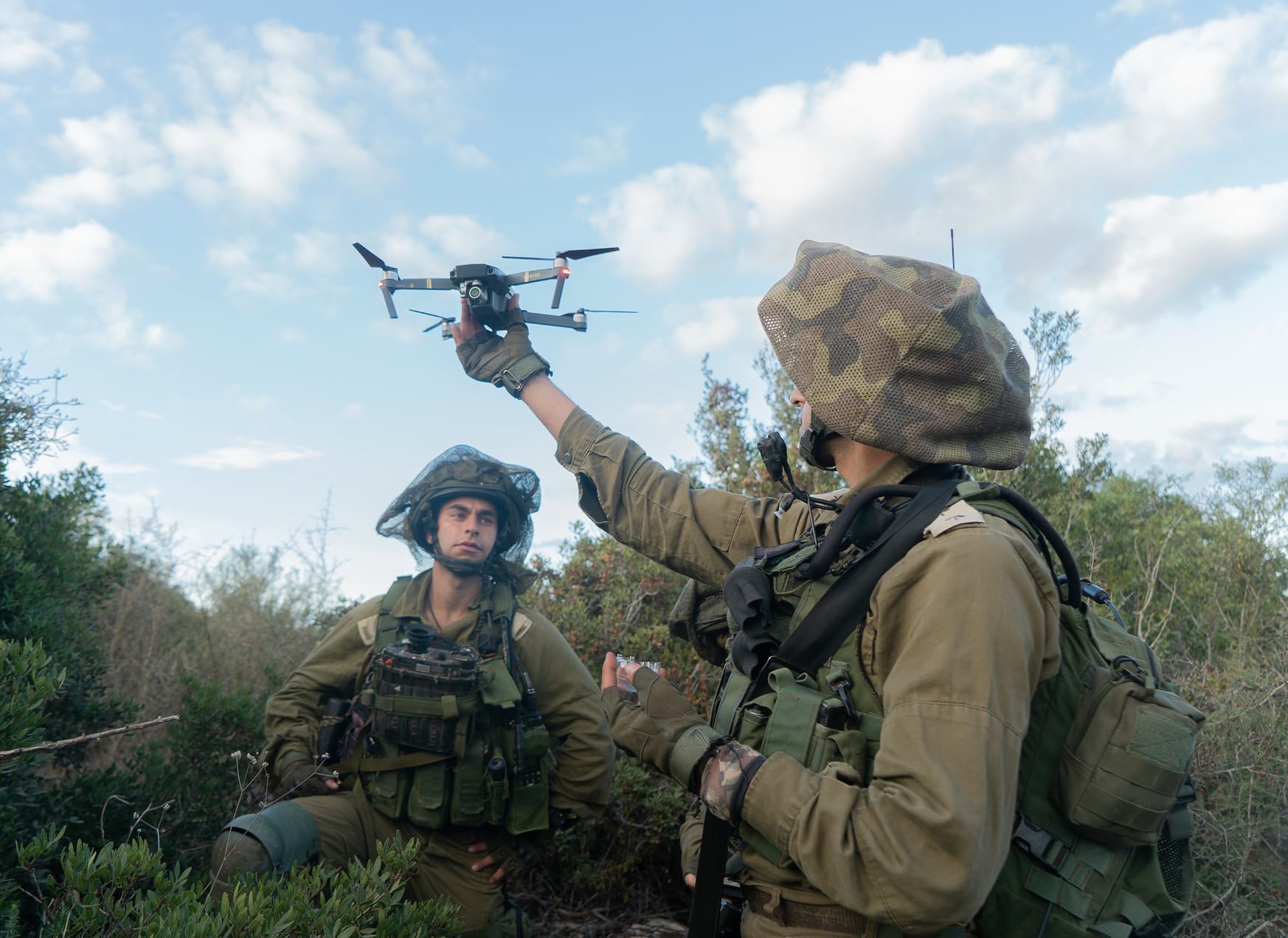
For years, Israel’s rapidly growing military industrial complex has turned the regime into a leading exporter of sophisticated weaponry and cutting edge spyware. For just as long, Israel has used Palestinians under occupation and blockade as unwilling test subjects for its increasingly deadly and oppressive weapons technologies. From Pegasus spyware to attack drones to AI […]
Student Organizing & Change-Making on University Campuses
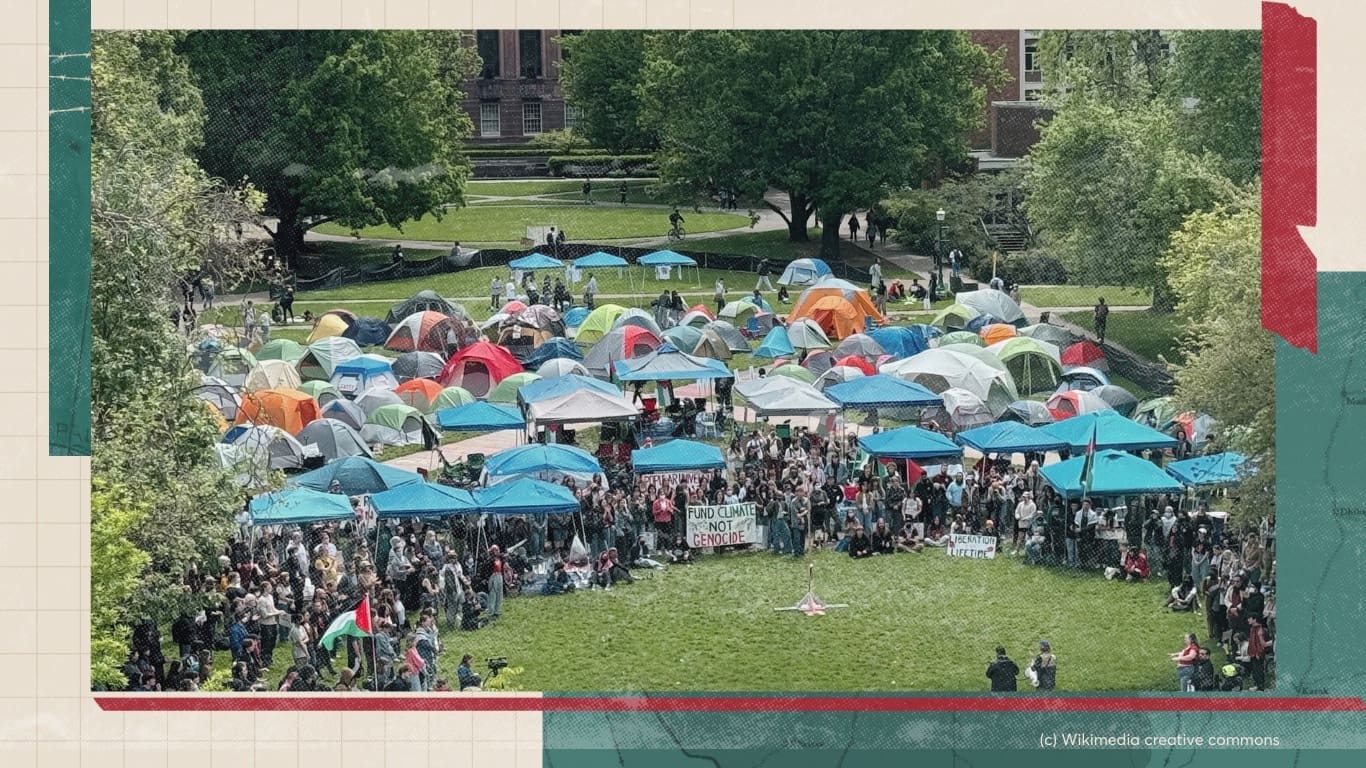
This commentary is based on an episode of Rethinking Palestine, Al-Shabaka’s podcast series, which aired on May 27, 2024. The discussion may be listened to in full here. In April 2024, students at Columbia University set up an encampment on campus grounds in solidarity with the Palestinian people—particularly those in Gaza facing the ongoing genocide. […]
Student Uprising: From US Campuses to a Global Movement
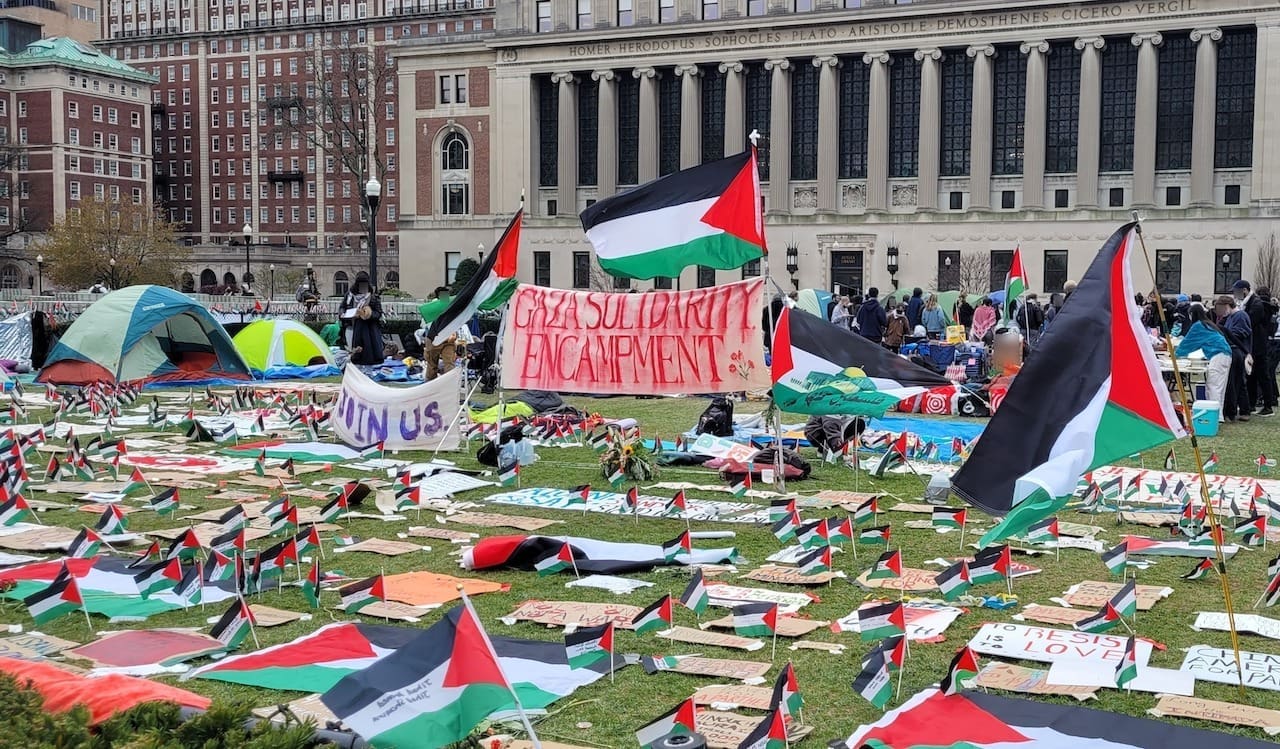
The student encampment at Columbia University set off a wave of Gaza solidarity protests on college campuses across the country. The movement has called for an end to the US’s unconditional support for Israel and spotlighted the role of universities and corporations in upholding Israel’s system of oppression. The uprising, which has since spread across […]
The Student Intifada on US Campuses with Samer Alatout
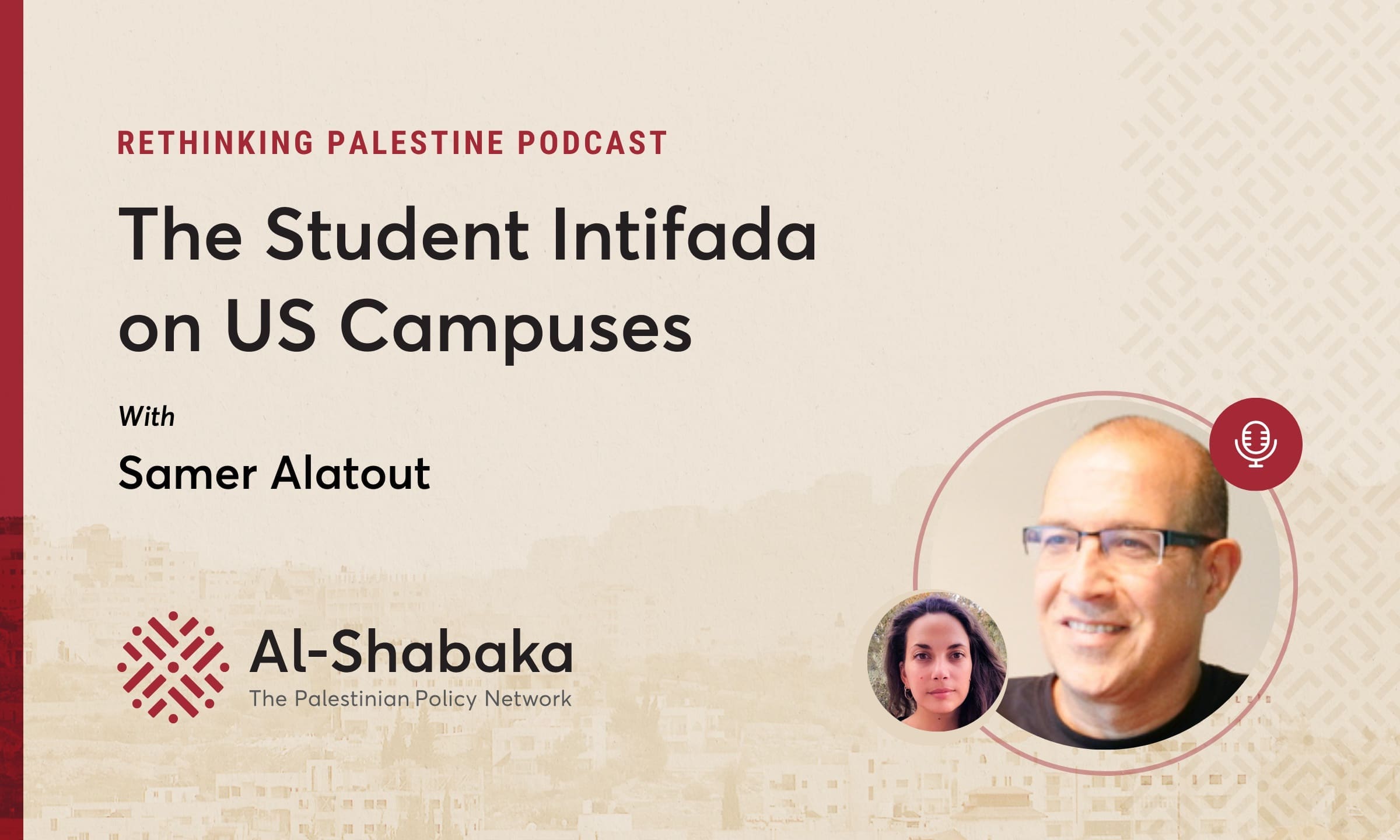
The transcript below has been lightly edited for brevity and clarity. Samer Alatout 0:00 Do I trust the institution? No, but what I do trust is the community that was created and the community that was created is really powerful. The students are amazing. The faculty and staff that were involved in the encampment are […]
Palestine Solidarity Crackdown: Challenges in the US & Europe
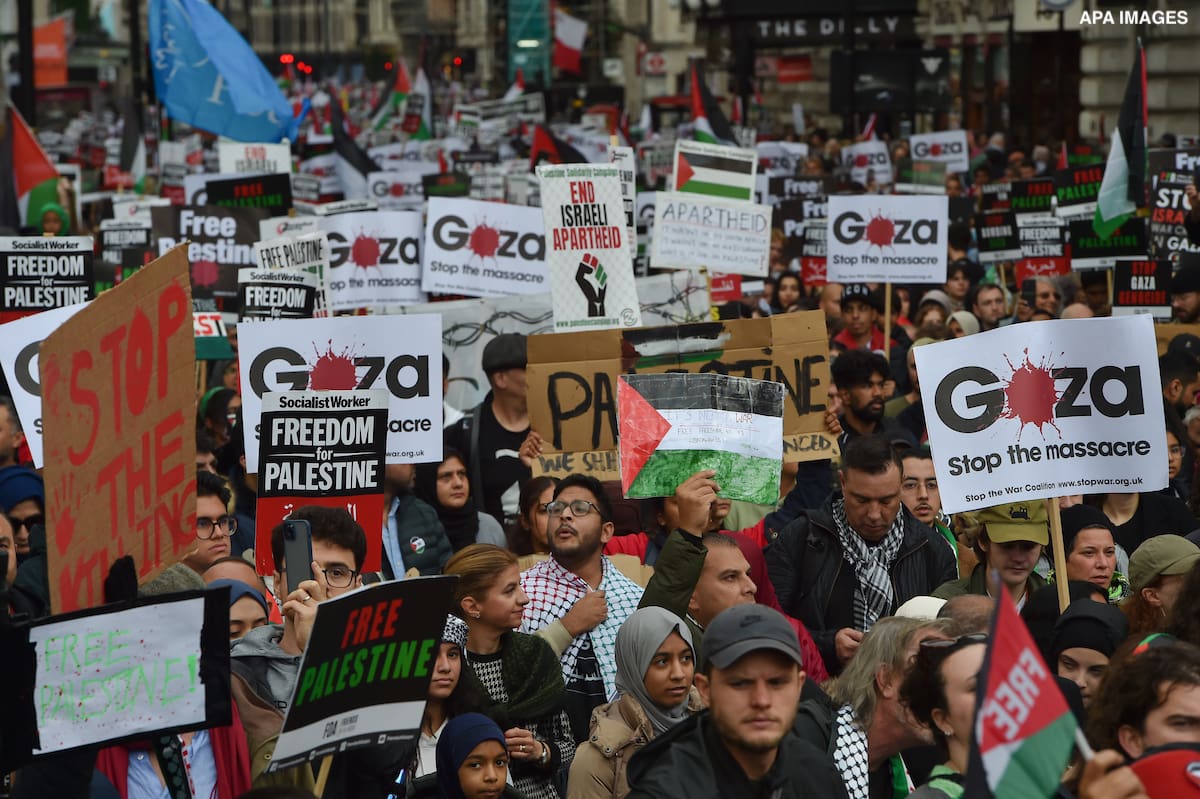
Israel’s 2023 genocide of Palestinians in Gaza has horrified many around the world and drawn widespread public outcry, with unprecedented levels of solidarity organizing taking place. But as this unparalleled camaraderie has emerged, so too has extraordinary repression at every level. Al-Shabaka spoke with Layla Kattermann of the European Legal Support Center (ELSC) and Diala Shamas of the Center for Constitutional Rights (CCR) for further insight on this suppression of mobilization and methods to resist such efforts to stifle Palestine solidarity.
The Case for Academic Boycotts of Israel

The accelerating adoption of academic boycotts of Israel is just one manifestation of growing support for Palestinians and intensifying efforts to hold Israel accountable for colonization, occupation, and apartheid. However, academic boycotts remain one of the most controversial pillars of the wider boycott, divestment, and sanctions movement. According to a recent study, while 91% of […]
Organized Resistance: Labor Strikes in the Palestinian Liberation Struggle
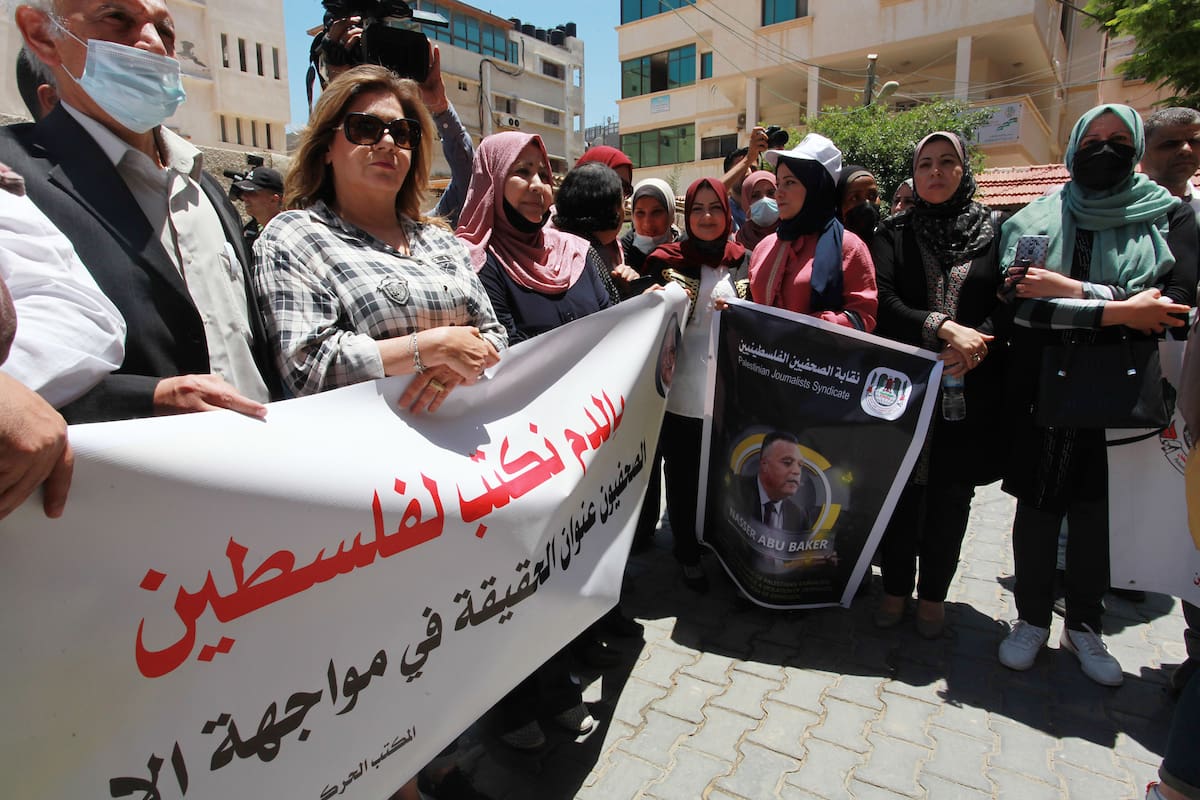
Throughout history, labor strikes have been used as a potent tool in expressing dissent, voicing grievances, and demanding change. In Palestine, they have emerged as a powerful mode of resistance and a critical source of leverage for workers. These strikes have encompassed diverse sectors, including labor, education, healthcare, and more, showcasing the unity and determination […]
Consensus-Building for Liberation: Reflections from Lebanon
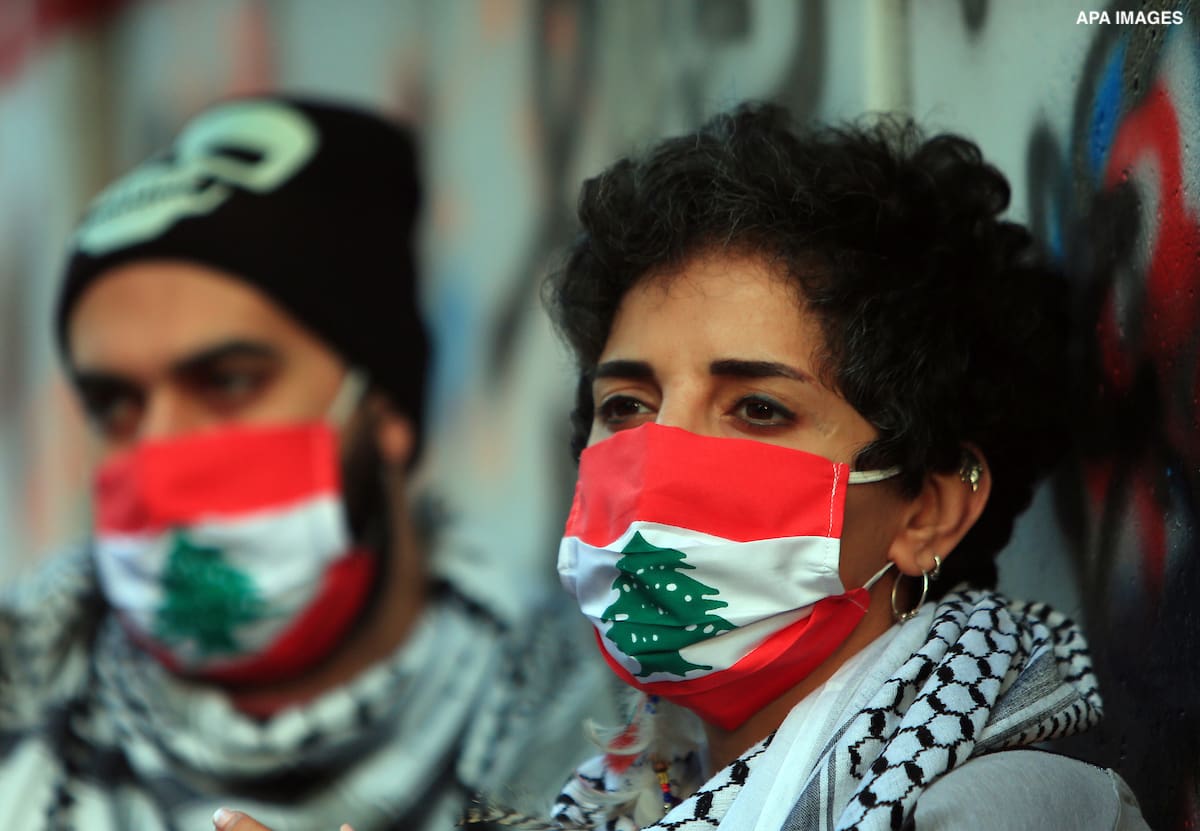
Consensus-building can be a long and challenging process. In the case of Palestine, achieving consensus among the forcibly fragmented Palestinian people is both particularly difficult and of critical importance in order to create a united national movement. In our latest commentary, Al-Shabaka Policy Analyst Jaber Suleiman weighs in on the role of consensus-building in the context of a liberation struggle and draws on lessons from Palestinian organizing in Lebanon.
Harnessing Open-Source Intelligence for Palestinian Liberation

Open-source intelligence is changing the way information is shared across the world. While increasingly credited as a means to expose war crimes and human rights violations, it is also being used as a tool for entrenching state oppression. In this policy brief, US Policy Fellow Tariq Kenney-Shawa examines the revolutionizing technology and offers recommendations for how to harness it for Palestinian liberation.







